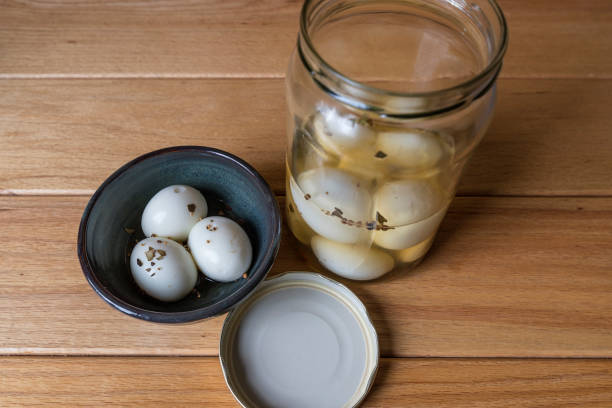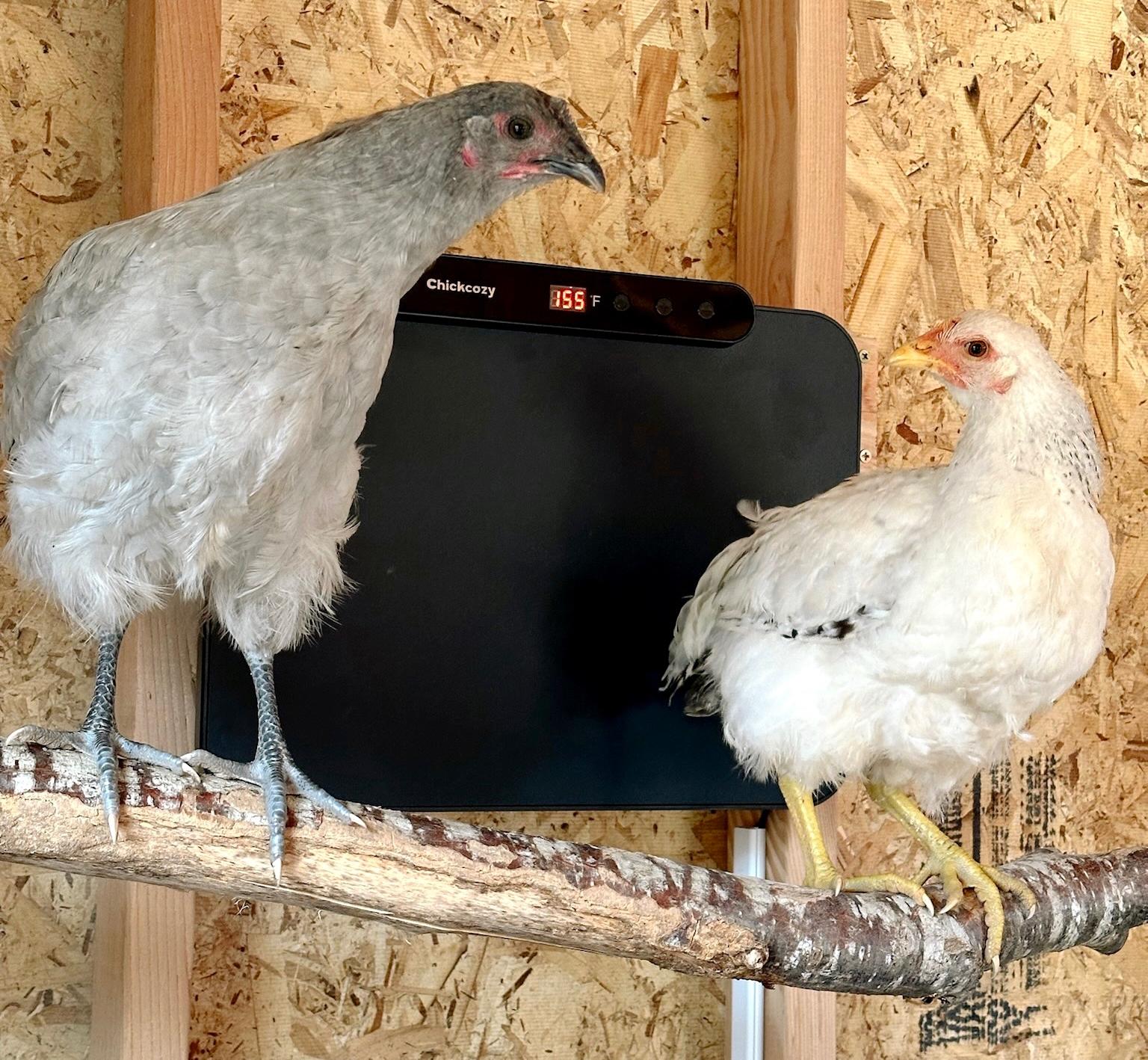Eggs are a kitchen staple, but sometimes you may find yourself with more eggs than you can use right away. Knowing the best ways to preserve eggs can save you from wasting this nutritious food and ensure you always have some on hand. In this blog, we’ll explore the top 5 methods for preserving eggs, whether fresh from your backyard coop or from the store.

Why Preserving Eggs is Important
Preserving eggs is essential for several reasons. For homesteaders, backyard chicken owners, or anyone who buys in bulk, it's a great way to make the most of your egg supply. Eggs can be preserved for months, ensuring you have access to them even when your hens aren’t laying as much or when store prices spike. Plus, it helps reduce food waste and ensures a ready supply of protein-rich food.
Understanding Fresh Eggs vs Store-Bought Eggs
Before diving into the preservation methods, it’s crucial to understand the difference between fresh eggs (from backyard chickens) and store-bought eggs.
Fresh Eggs: These come with a protective coating called the "bloom," which helps keep bacteria out. Fresh eggs don’t need refrigeration if you plan to use them within a week. However, you should leave them unwashed, and store them with the pointy end facing down to keep the yolk centered and the egg fresher.
Store-Bought Eggs: Eggs sold commercially in stores have been washed, which removes the bloom. As a result, these eggs must be refrigerated to avoid spoilage.

Do Eggs Need to Be Refrigerated?
For fresh eggs, if you're planning to use them within a week, they don’t need refrigeration. However, if you need to store them longer, refrigerating them can extend their shelf life. Store-bought eggs should always be kept in the fridge due to the removal of their natural protective layer.
How Long Do Unwashed Eggs Last?
On the Counter: Unwashed eggs can be stored on the counter for up to 2 weeks if they are kept in a cool, dry place.
In the Refrigerator: When stored unwashed in the refrigerator, fresh eggs can last up to 6 months. Their natural bloom helps them stay fresh for extended periods in cold storage.
Top 5 Methods to Preserve Eggs
Now that you understand how to store eggs at home, let’s look at the top five ways to preserve them for even longer periods.
1. Pickling Eggs
Pickling eggs is a classic method that involves preserving boiled eggs in a vinegar-based brine. Not only does it extend the shelf life, but it also adds a tangy flavor to the eggs. Pickled eggs can last up to 3-4 months in the refrigerator.

How to Pickle Eggs:
- Boil the eggs and peel them.
- Prepare a brine with vinegar, water, salt, and spices.
- Submerge the eggs in the brine in sterilized jars and refrigerate.
2. Water Glassing Eggs
Water glassing is an ancient method that uses a solution of sodium silicate or hydrated lime (calcium hydroxide) to preserve fresh, unwashed eggs. This method is ideal for long-term storage and can keep eggs fresh for up to 12 months without refrigeration.
What Eggs Can Be Water Glassed? Only fresh, unwashed eggs can be water glassed because they still have the bloom intact.
Materials Needed: Pickling lime or sodium silicate, distilled water, and a large, airtight container.

How to Water Glass Eggs:
- Mix pickling lime with water to create the solution.
- Submerge fresh, unwashed eggs in the solution in a clean, airtight container.
- Store the container in a cool, dark place.
3. Freezing Fresh Eggs
Freezing eggs is a great way to preserve them for baking or cooking. While you can’t freeze eggs in the shell, you can crack them into a container and freeze them for up to a year.

How to Freeze Eggs:
- Crack the eggs into a bowl and gently whisk until combined.
- Pour them into an ice cube tray or freezer-safe container.
- Label the container with the date and store in the freezer.
4. Dehydrating Eggs
Dehydrating eggs is another long-term storage option. Dried eggs are lightweight and can be reconstituted with water for cooking or baking. This method allows you to preserve eggs for up to 10 years when stored properly in airtight containers.

How to Dehydrate Eggs:
- Whisk the eggs, then cook them thoroughly.
- After cooking, dehydrate the eggs using a food dehydrator or low-temperature oven.
- Once dried, grind them into a fine powder and store in a vacuum-sealed container.
5. Thermostabilizing Eggs
Thermostabilization is a process where eggs are exposed to a controlled heat treatment that extends their shelf life without affecting their quality. This method is typically done commercially, but it’s a good option if you have access to such services.
Why Thermostabilize Eggs? This method kills bacteria without cooking the eggs, preserving their freshness for several months.
Conclusion
Preserving eggs is not only practical but also a great way to reduce waste and ensure a steady supply of this kitchen essential. Whether you’re using pickling, water glassing, freezing, dehydrating, or thermostabilizing, each method has its own unique benefits. By understanding how to properly store fresh vs. store-bought eggs and using these preservation techniques, you can enjoy eggs year-round, even during times when they’re not as readily available.




Leave a comment
All comments are moderated before being published.
This site is protected by hCaptcha and the hCaptcha Privacy Policy and Terms of Service apply.